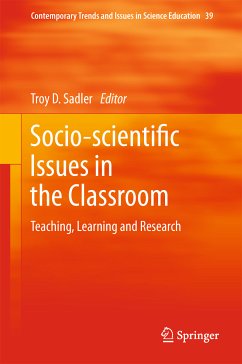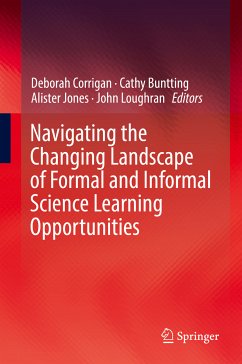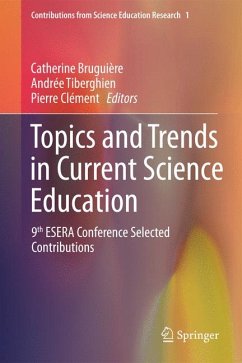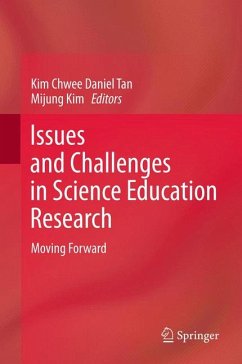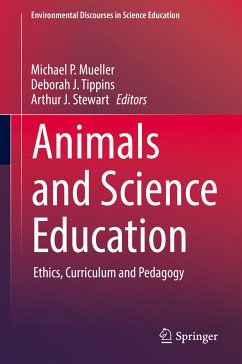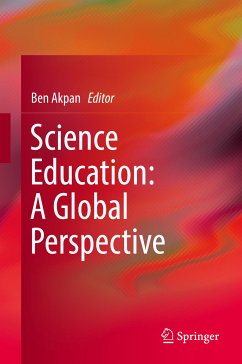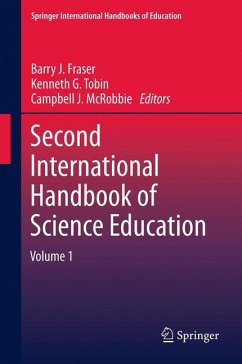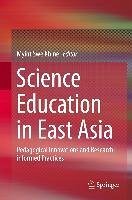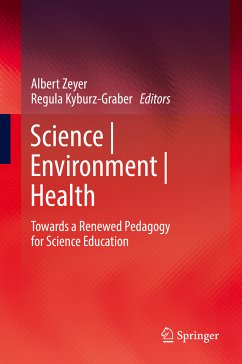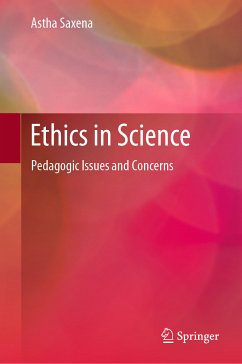
Chinese Science Education in the 21st Century: Policy, Practice, and Research (eBook, PDF)
21 ¿¿¿¿¿¿¿¿:¿¿¿¿¿¿¿¿
Redaktion: Liang, Ling L.; Fulmer, Gavin W.; Liu, Xiufeng
Versandkostenfrei!
Sofort per Download lieferbar
112,95 €
inkl. MwSt.
Weitere Ausgaben:

PAYBACK Punkte
56 °P sammeln!
This book provides an overview of science education policies, research and practices in mainland China, with specific examples of the most recent developments in these areas. It presents an insiders' report on the status of Chinese science education written primarily by native speakers with first-hand experiences inside the country. In addition, the book features multiple sectional commentaries by experts in the field that further connect these stories to the existing science education literature outside of China. This book informs the international community about the current status of Chines...
This book provides an overview of science education policies, research and practices in mainland China, with specific examples of the most recent developments in these areas. It presents an insiders' report on the status of Chinese science education written primarily by native speakers with first-hand experiences inside the country. In addition, the book features multiple sectional commentaries by experts in the field that further connect these stories to the existing science education literature outside of China. This book informs the international community about the current status of Chinese science education reforms. It helps readers understand one of the largest science education systems in the world, which includes, according to the Programme for International Student Assessment, the best-performing economy in the world in science, math and reading: Shanghai, China. Readers gain insight into how science education in the rest of China compares to thatin Shanghai; the ways Chinese science educators, teachers and students achieve what has been accomplished; what Chinese students and teachers actually do inside their classrooms; what educational policies have been helpful in promoting student learning; what lessons can be shared within the international science education community; and much more. This book appeals to science education researchers, comparative education researchers, science educators, graduate students, state science education leaders and officers in the international communities. It also helps Chinese students and faculty of science education discover effective ways to share their science education stories with the rest of the world.
Dieser Download kann aus rechtlichen Gründen nur mit Rechnungsadresse in A, B, BG, CY, CZ, D, DK, EW, E, FIN, F, GR, HR, H, IRL, I, LT, L, LR, M, NL, PL, P, R, S, SLO, SK ausgeliefert werden.



